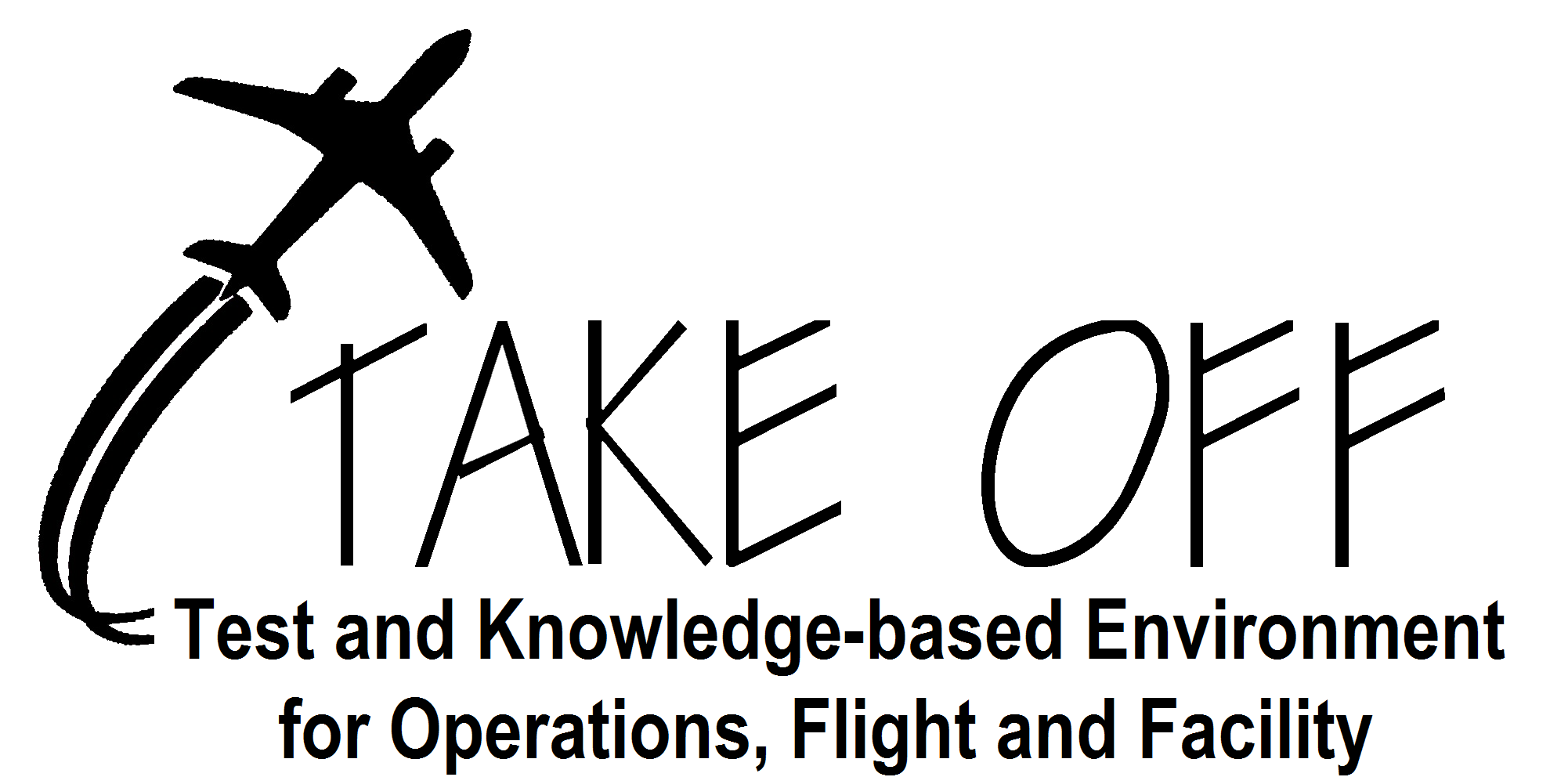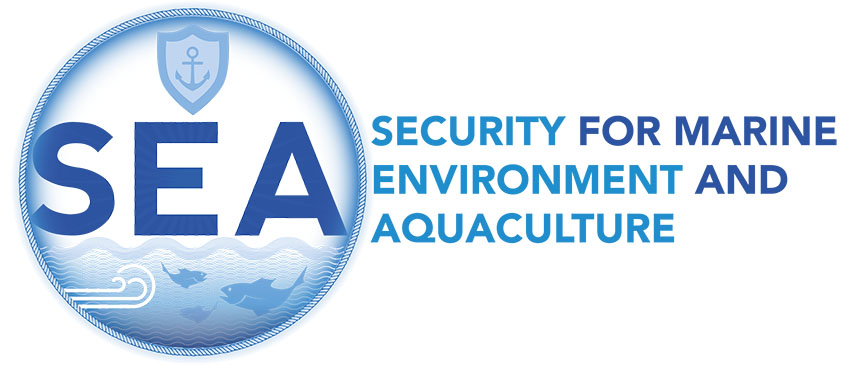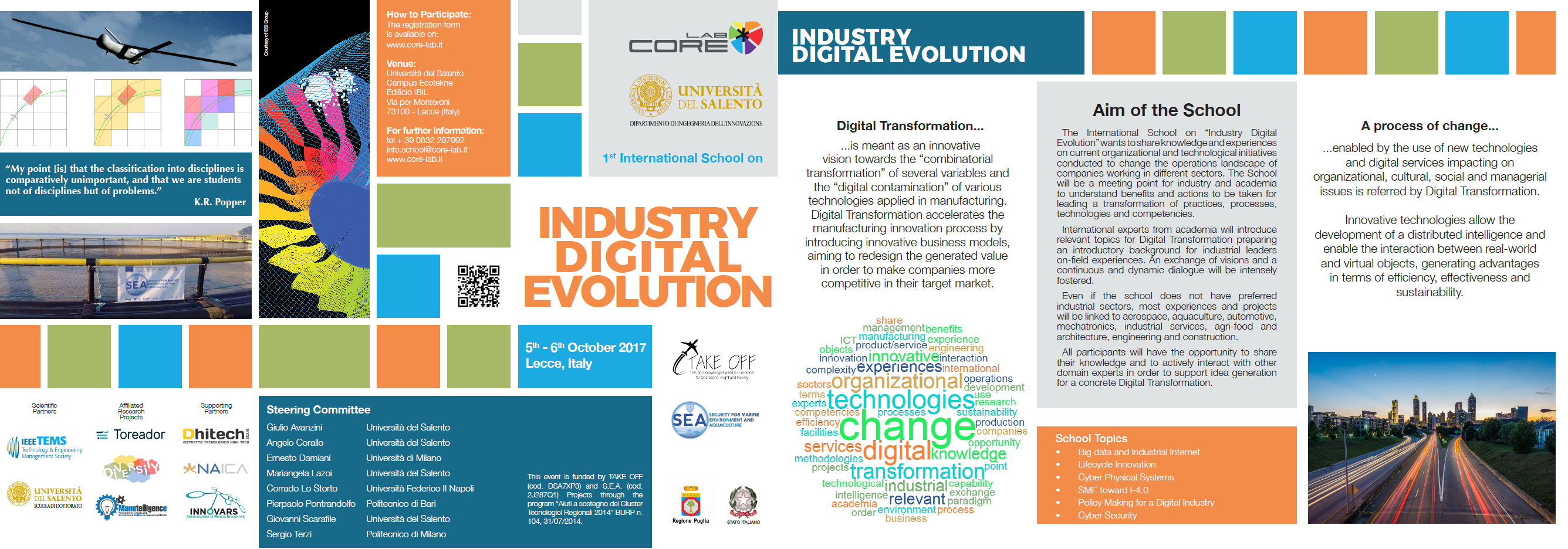1st International School on
INDUSTRY DIGITAL EVOLUTION
5th – 6th October 2017
Lecce, Italy
Scientific Partners

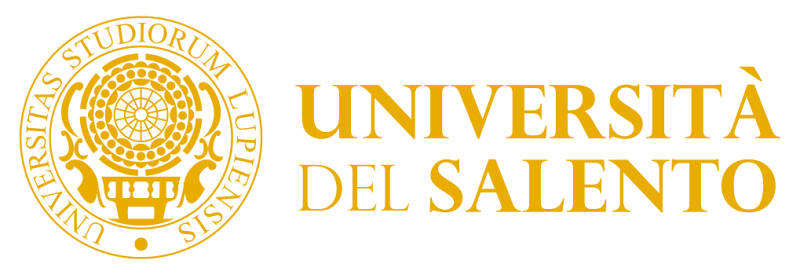
Affiliated Research Projects
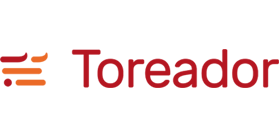
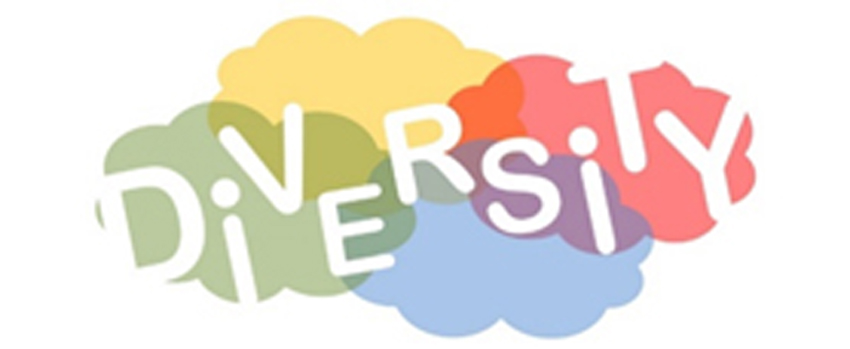
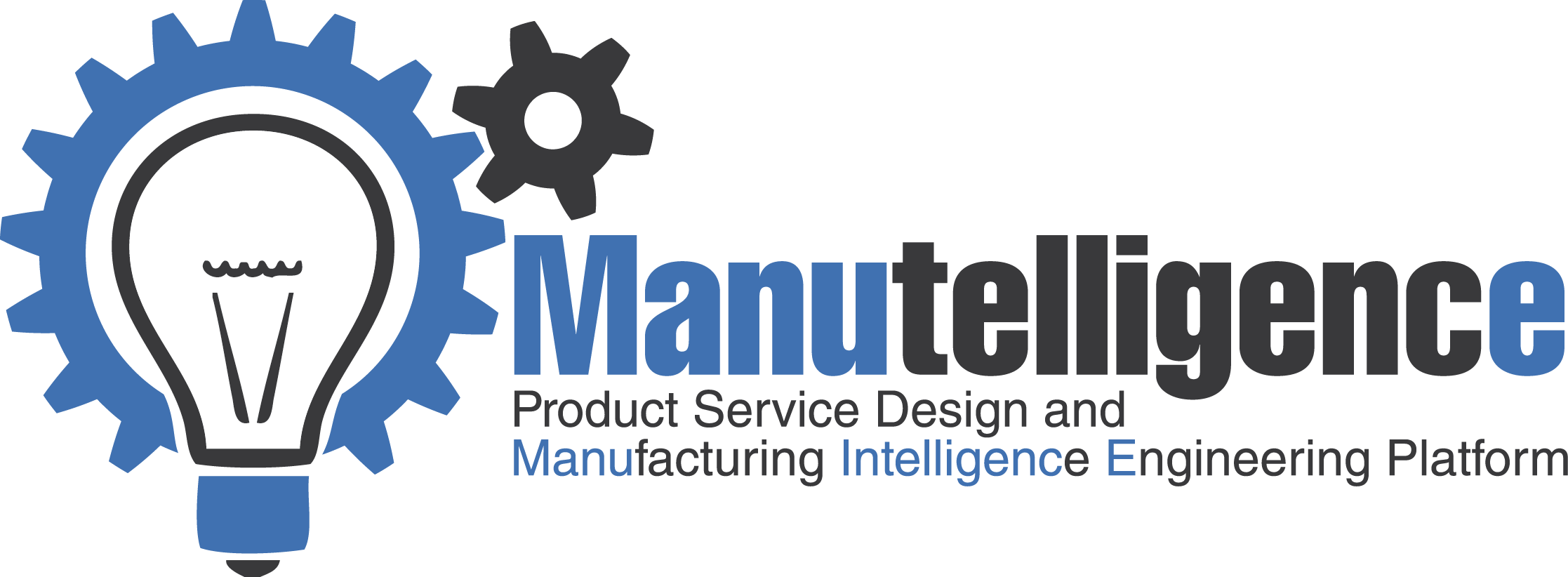
Supporting Partners

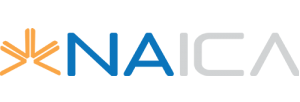
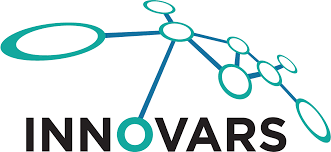
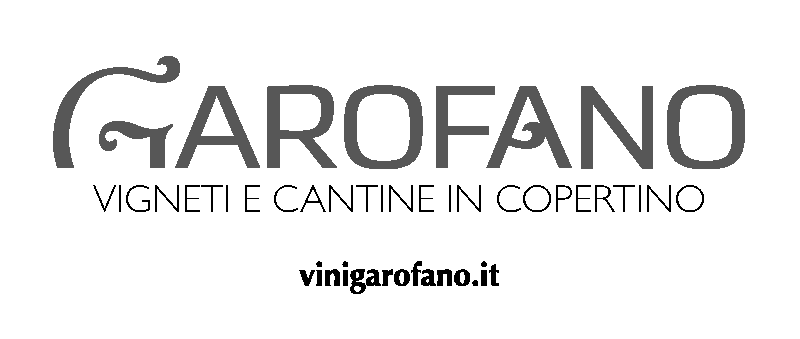

Rationale
Digital Transformation (DT) is meant as an innovative vision towards incremental, organizational and strategic business changes. It is based on the “combinatorial transformation” of several variables and on the “digital contamination” of various technologies applied in manufacturing. In details, DT accelerates the manufacturing innovation process by introducing innovative business models, aiming to redesign the generated value in order to make companies more competitive in their target market.
A paradigm change is therefore, identified not only as a technological change but also as an organizational, cultural, social and managerial one, through the enhancement of the operational efficiency and the innovation of the product/service. DT refers to a process of change enabled by the use of new technologies and digital services. The toughest challenge is about the inability to experience and manage changes, legacy systems and risk-averse culture and about the complexity of interaction among organizational silos.
The intensive use of ICT technologies represents a paradigm shift strongly bounded within the digital evolution, where the application of innovative technologies allow the development of a distributed intelligence and enables the interaction between real-world and virtual objects, generating advantages in terms of efficiency, effectiveness and sustainability.
This relevant change connects in/via cloud objects, people and places, including products, services, production methodologies, and all others relevant elements involved.
Several benefits emerge along the whole lifecycle (before, during and after production) thanks to the capability to forecast and optimize behaviour and decisions in terms of management and maintenance of the product/service.
The research experience matured in the research projects Take-Off (Test And Knowledge-based Environment for Operations, Flights and Facilities) and SEA (Security for marine Environment and Aquaculture) will be the starting point of discussion and knowledge exchange during the school.
Aim
The International School on “Industry Digital Evolution” wants to share knowledge and experiences on current organizational and technological initiatives conducted to change the operations landscape of companies working in different sectors. The School will be a meeting point between the industry and academia to understand what are the benefits and the actions to be taken for leading a transformation of practices, processes, technologies and competencies.
International experts from academia will introduce relevant topics for DT preparing an introductory background for the stories of the industrial leaders experiences. An exchange of visions and a continuous and dynamic dialogue will be intensely fostered.
Even if the school does not have preferred industrial sectors, most experiences and projects will be linked to aerospace, aquaculture, automotive, mechatronics, industrial services, agri-food and architecture, engineering and construction.
All participants will have the opportunity to share their knowledge and to actively interact with other domain experts in order to support idea generation for a concrete Digital Transformation.
School Topics
- Big data and Industrial Internet
- Lifecycle Innovation
- Cyber Physical Systems
- SME toward I-4.0
- Policy Making for a Digital Industry
- Cyber Security
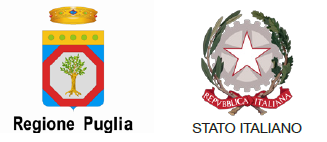
Steering Committee
- Giulio Avanzini – Università del Salento
- Angelo Corallo – Università del Salento
- Ernesto Damiani – Università di Milano
- Mariangela Lazoi – Università del Salento
- Corrado Lo Storto – Università Federico II Napoli
- Pierpaolo Pontrandolfo – Politecnico di Bari
- Giovanni Scarafile – Università del Salento
- Sergio Terzi – Politecnico di Milano
Local Organizing Committee
- Federica Blasi – Università del Salento
- Annamaria Crespino – Università del Salento
- Carla Di Biccari – Università del Salento
- Marco Esposito – Università del Salento
- Elena Latino – Università del Salento
- Giovanna Mangiaraldi – Università del Salento
- Manuela Marra – Università del Salento
- Alvise Marzo – Università del Salento
- Marianovella Mello – Università del Salento
- Claudio Pascarelli – Università del Salento
- Roberta Pizzi – Università del Salento
- Lorenzo Quarta – Università del Salento
- Emanuele Rizzo – Università del Salento
Programme
The full programme can be downloaded here.

